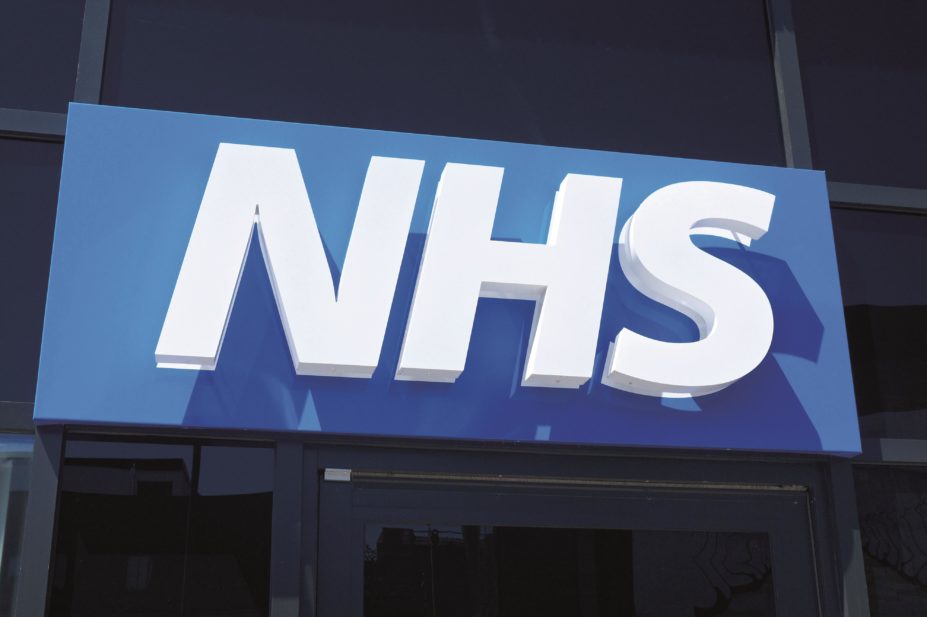
Shutterstock.com
NHS staff will have to disclose all gifts and hospitality received from companies that deliver, or could deliver, services to the NHS under measures announced by NHS England to boost public confidence and protect taxpayers’ funds.
A further transparency measure has been added to the 2016/17 NHS Standard Contract, which says that NHS service providers must maintain and publish a register of any potential conflicts of interest for their staff, including “all gifts, hospitality or other inducements received by or offered to them by or on behalf of any manufacturer, distributor or vendor of pharmaceuticals, medical devices, consumables or equipment of a type which is or could be used in the delivery of the services”.
A cross-NHS ‘task and finish’ group, chaired by Sir Malcolm Grant, will develop further rules, including measures to ensure hospital clinicians and procurement staff are free from unmanaged conflicts of interest, particularly in relation to drugs and devices.
Draft guidance on managing conflicts of interest has also been published for clinical commissioning groups (CCGs), including a recommendation that CCGs should publish details of any breaches of conflicts of interest, and increase the number of lay members on CCG governing bodies to provide extra scrutiny.
NHS England will also introduce more stringent safeguards on the role of interest groups, lobbyists, and commercial organisations in specialised commissioning.
Other supporting measures, set out in papers discussed by the NHS England board on 31 March 2016, include the creation of four regional medicines optimisation committees to “ensure medicines evaluation will be done once only and the output shared across the NHS”. These regional committees are expected to be operational in 2016, and mean local formulary committees will be “far less involved in processes that the pharmaceutical industry may seek to influence”.


